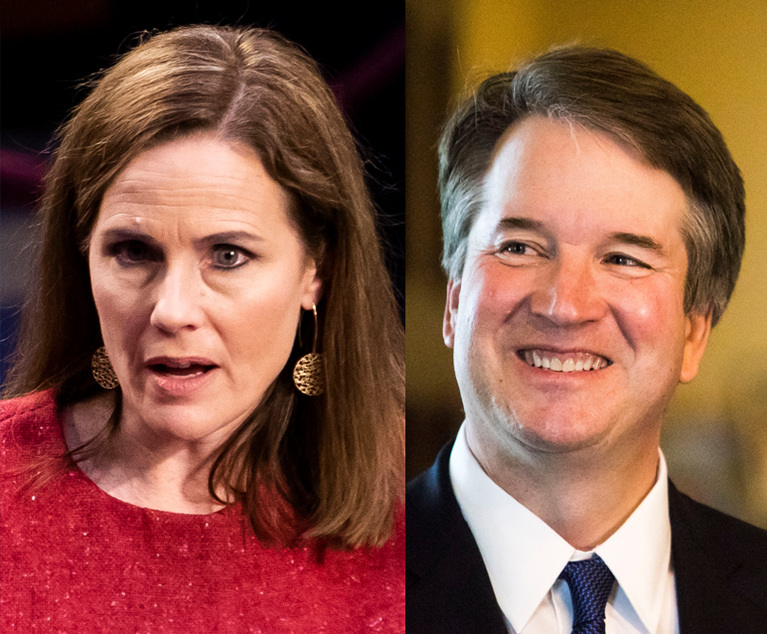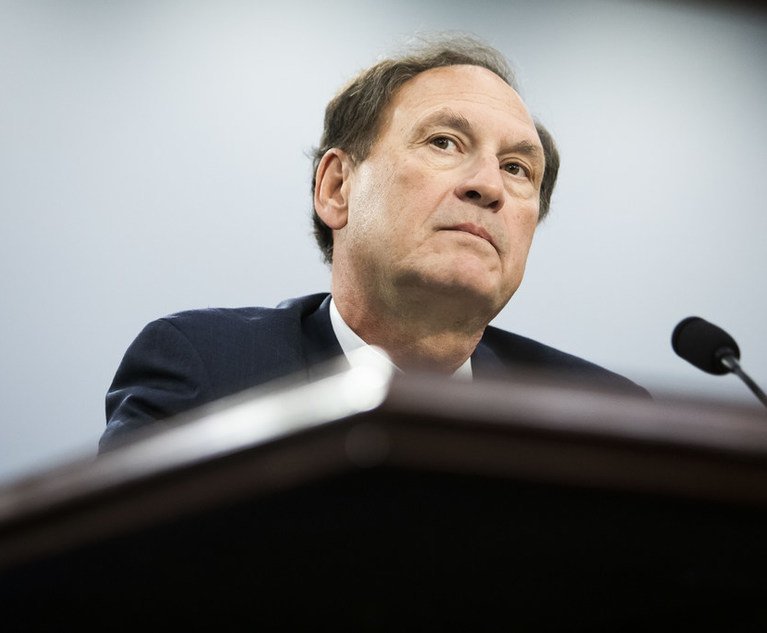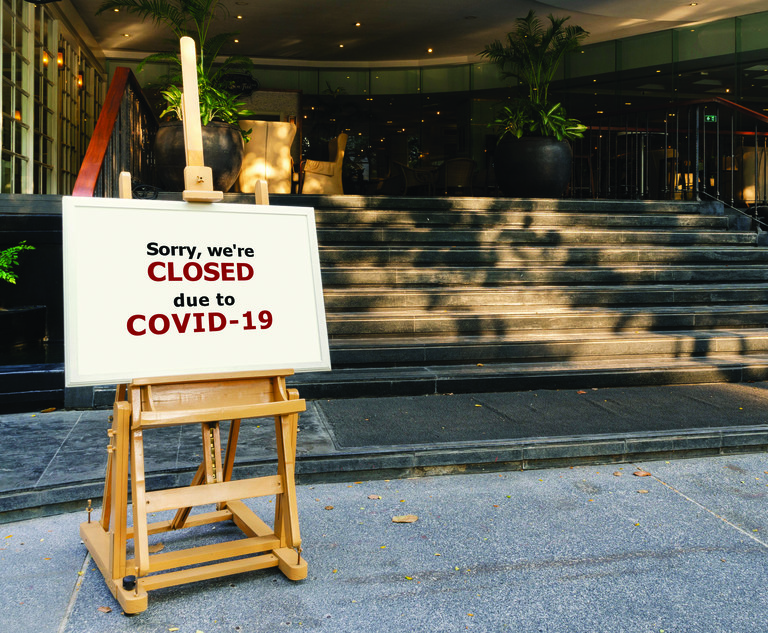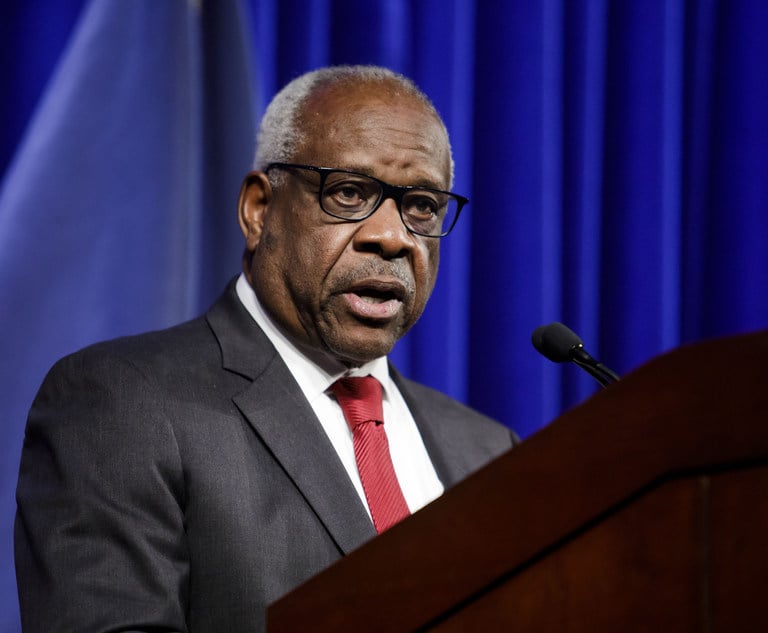Justices Brett Kavanaugh and Amy Coney Barrett may be key to the fate of the four-decade-old Native American child welfare law under attack by Texas and others as discriminating on the basis of race.
The justices heard more than three hours of argument Wednesday in four consolidated cases involving the Indian Child Welfare Act (ICWA), enacted in 1978 in response to the tragic history of government separation of thousands of Indian children from their families and tribes, and their subsequent placement into boarding schools and with non-Indian families. Congress stated that the act was critical to the preservation of tribal culture and sovereignty.
This content has been archived. It is available through our partners, LexisNexis® and Bloomberg Law.
To view this content, please continue to their sites.
Not a Lexis Subscriber?
Subscribe Now
Not a Bloomberg Law Subscriber?
Subscribe Now
LexisNexis® and Bloomberg Law are third party online distributors of the broad collection of current and archived versions of ALM's legal news publications. LexisNexis® and Bloomberg Law customers are able to access and use ALM's content, including content from the National Law Journal, The American Lawyer, Legaltech News, The New York Law Journal, and Corporate Counsel, as well as other sources of legal information.
For questions call 1-877-256-2472 or contact us at [email protected]


 Justices Amy Coney Barrett, left, and Brett Kavanaugh, right. Photos: Diego M. Radzinschi/ALM
Justices Amy Coney Barrett, left, and Brett Kavanaugh, right. Photos: Diego M. Radzinschi/ALM







